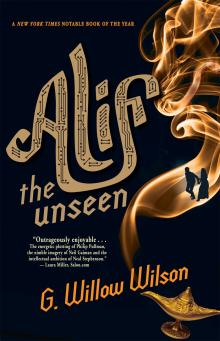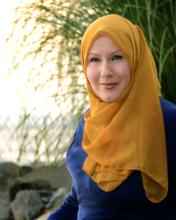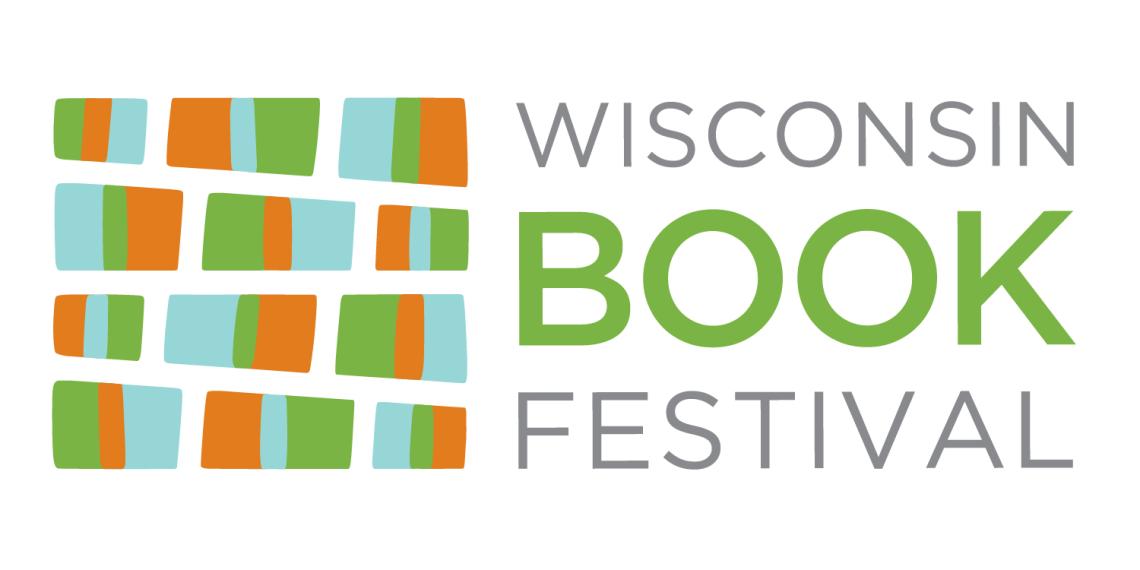
What Would Frodo Do? Faith, War, and the Birth of Modern Fantasy Literature
Tolkien's groundbreaking trilogy The Lord of the Rings and CS Lewis's The Chronicles of Narnia were written at a time of upheaval: the two World Wars had given rise to a wave of skepticism and societal change in Britain and Europe, and religion, once a cornerstone of spiritual and social life, was suddenly subject to vigorous criticism. Tolkien and Lewis, both devout Christians, turned to mythology to defend their faith--but also to make sense of how that faith had been irrevocably altered. Half a world away, as Hitler was ascending to power, the American sons of European Jewish immigrants invented a comic book character drawn from the myths of Hercules and Samson, an interstellar immigrant who would defend the world against tyranny. They called him Superman. Today, as the Arab Spring and the War on Terror continue to shape the narrative of modern Islam, a new wave of Muslim fantasists is emerging, challenging the status quo both within the faith and without. What is the relationship between faith and fantasy? Why do great works of fantasy literature so often emerge during times of war and conflict? We will explore the emergence of the modern fantasy genre, from JRR Tolkien to Saladin Ahmed, to find the answers. G. Willow Wilson appears in partnership with the UW Lubar Institute for the Study of the Abrahamic Religions.
G. Willow Wilson

G. Willow Wilson is the author of the critically acclaimed novel, Alif the Unseen, which won the World Fantasy Award for Best Novel in 2013; the memoir, The Butterfly Mosque; the graphic novels Cairo, Air, and Vixen; and the celebrated comic book series Ms. Marvel.
